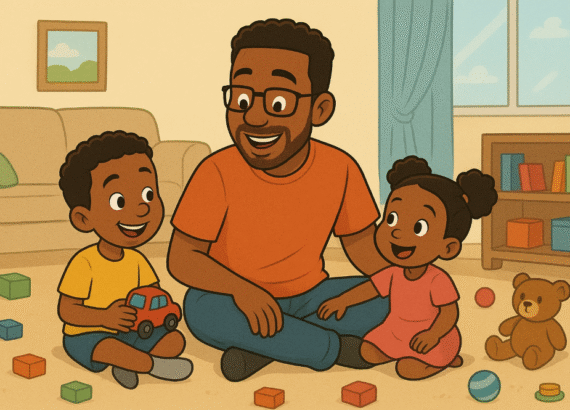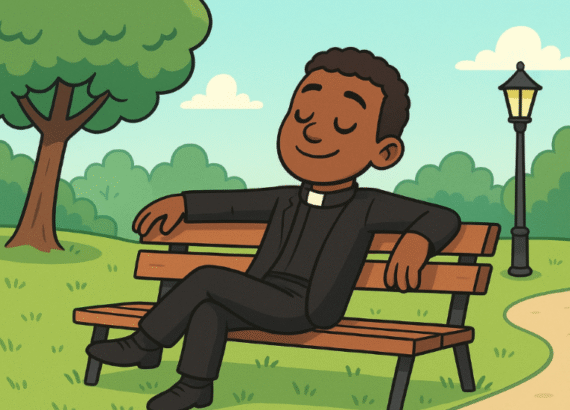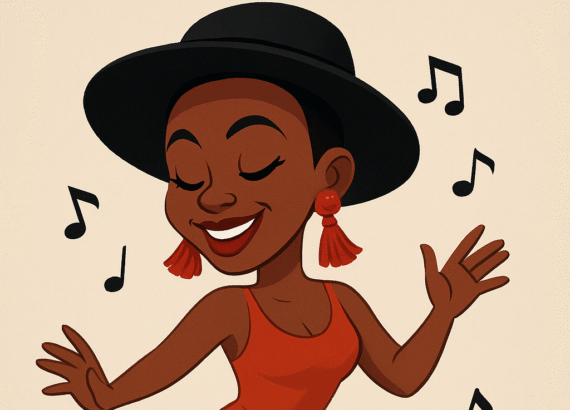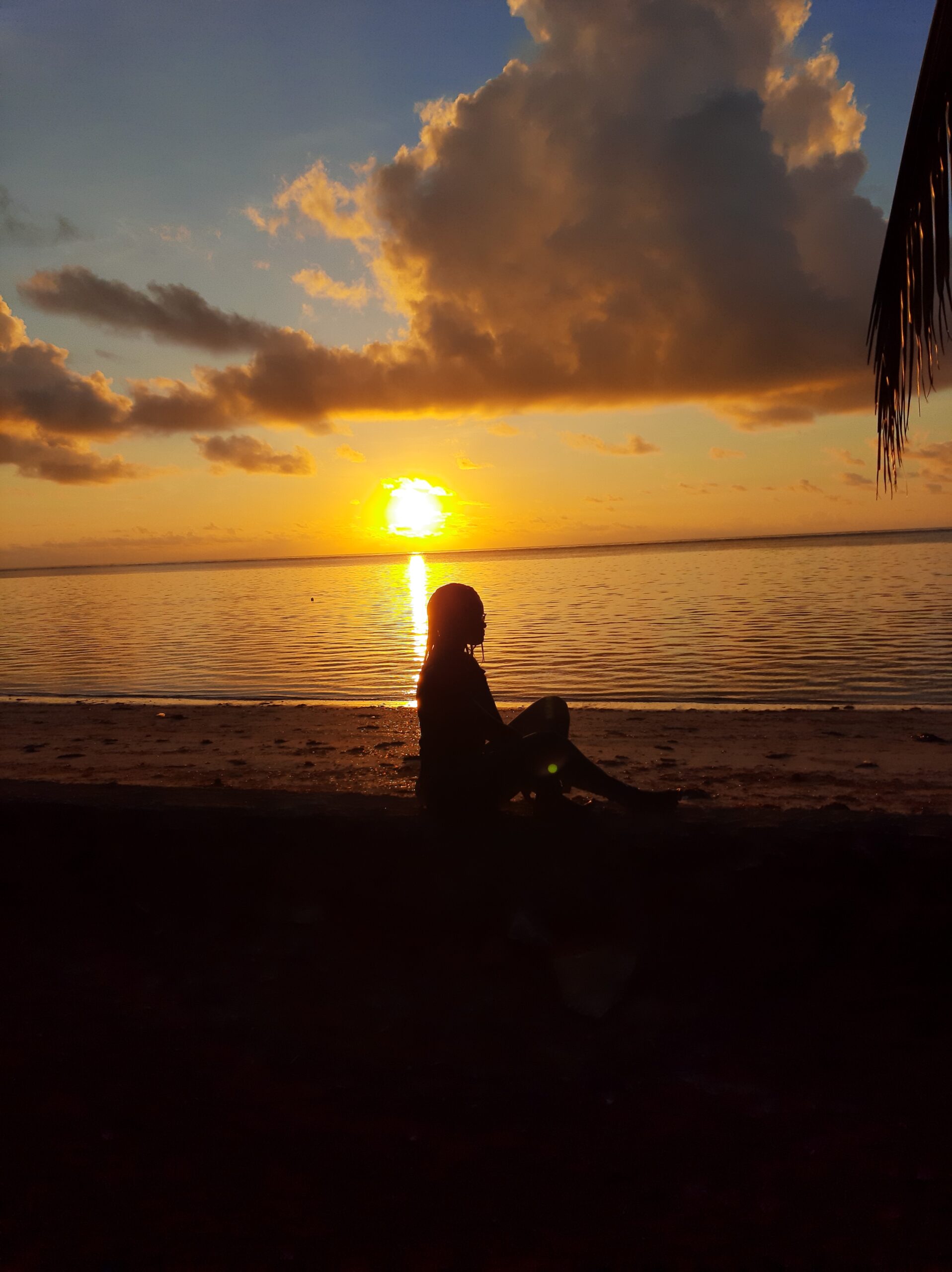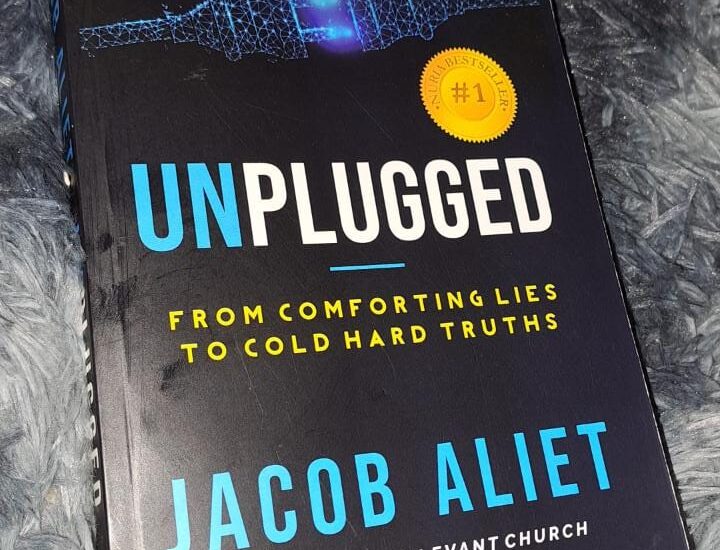The Church and State: A never ending debate
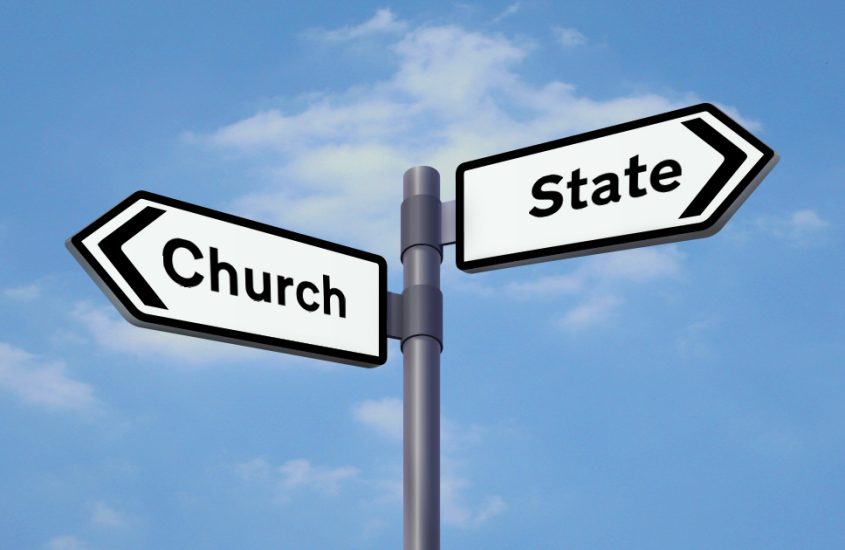
I wrote this as part of my assignment back in school (Early 2023). I never posted it as it was school work. But with what is going on, why not post it?
The Church and the State: A never-ending debate
The debate on whether the church and state are one has picked up over the recent months, gaining more traction every other week. Many argue that the church has been overtaken by the state while some maintain that the church is still independent of the state. Everyone has valid reasons for feeling whichever way.
When you take the time to look at the recent political events in Kenya, the church is right at the centre of it all. The swearing in ceremony of the current president was nothing short of a church service. This is not to mean the church should not take part in state affairs. A comparison between the swearing in ceremony of H.E William Ruto and that of his predecessors is all one needs to do to see what I mean. In September 2022, the first lady Rachel Ruto announced that there would be monthly prayers at State House (Simiyu, 2022). These prayers, in my opinion would be 1) seen as discriminatory as it excluded other faiths 2) insensitive and imposing religion, particularly Christianity, to the country. Despite Christianity being the main religion adopted in Kenya with over 85 percent of the population identifying as Christians (Kenya National Bureau of Statistics, 2019), the country is still a secular state, and the freedom of religion is enshrined in the nation’s constitution (Government of Kenya (GoK), 2010).
Recently, the president during a prayer rally that was organised on Valentines’ Day at the Nyayo National Stadium, to pray for rain and an end to the drought mentioned that the church is now at the centre of political discourse in Kenya (Maringa, 2023).
I find the statement by the President to be very being limiting of the church’s role and relevance. In my opinion, the church being at the centre of politics does not align with its mandate and how I view the church. This to me means the church is at the centre of manipulation, corruption, poor service delivery and partisanism. Somewhere the church ought not to be. While I do recognise the church’s role in spiritual development, and that this plays into the fulfilment of the socio-economic development of a country, in a context where development is seen purely as an either political, economic, or spiritual and not under one umbrella, such sentiments cannot be taken well.
Politics is the strategies and techniques used by those seeking to gain power (Political Strategies for Gaining and Exercising Power | Viquepedia, n.d.). In Kenya, this could be the promises used to win elections. Free education, free healthcare, abolishing this and that. While politics also happens to be what drives governance, it is not governance. I believe governance is what is done once one has the power. How will they use it? Who is going to keep them in check? In a country where we do not have an actual Opposition, whose role is it to keep the leaders in check? Would it fall on the church? I say it is a bit tricky and not a direct yes or no question. The role the church plays in governance is deeper than just holding the government to account. And we will see this as we go on.
Back to the debate, can the church and state be independent of each other?
In Kenya, the church has played a key role in the socio-economic development of this nation, as well as the democratic growth we currently boast of. The church was in the middle of the fight for multi-party, and the constitution amendment (Kapinde, 2018). The church has always played a key role in governance of this nation. So what has changed? If at all something has changed.
2022 was not the first time the church has played a key role in any General Elections. In this election, the church constantly passed messages of peace, and urged people to register and vote. A section of the church also distanced themselves from politics, but not from the elections. What do I mean? The Anglican Church, through their Archbishop Ole Sapit, issued guidance to all its members not to allow the pulpit to be used by politicians during the campaign period (Luvega & Makokha, 2022). This move was lauded by the public who saw it as a bold move to protect the sanctity of churches. This did not mean that politicians completely stopped using all churches. In fact, other churches welcomed them and gave them prime time on the pulpits to ‘sell their agenda’. I put this in quotes because Kenyan politics and campaigns have always been marred by vile language.
In recent weeks, religious leaders have voiced their views on this continuous debate. All Saints’ Cathedral Provost, Rev Sammy Wainaina said, “The ongoing ‘prayers’ rallies are not genuine. They are political meetings disguised as prayer meetings. Unfortunately, the church has been hoodwinked. Pastors and bishops are political brokers on hire by the political class. They are on their payrolls. A very sad state of the church. The salt has lost its taste, and the light its brightness.” (Chweya, 2023). These may seem like sentiments of one man, but the hundreds of comments on social media in support of the same say otherwise. To add on this, Rev Njoya, a theologian, human rights activist, and a retired Presbyterian Church of East Africa Minister, in a recent interview on Citizen TV said, “We have made the church not only a battle ground, instead of people going to church to worship, they are going to church to fight.” Rev Njoya is remembered as being at the front lines during the fight for democracy in Kenya.

Can the church and state coexist together side by side? I think they already do. But do their roles then interlink? Not really. I believe the church and state will inevitably always coexist, but never share roles. The church does not govern, the church guides. The church to me should act as a moral compass for the state. The state is generally secular, and when politics is added to the mix, especially in Kenya, we tend to lose our moral compass. This is where the church comes in. Leaders would need to be held accountable; mediation and dialogue would need a neutral party; and citizens would need the church as their voice regardless of their religious beliefs. The usual question of ‘Where is the church?’ whenever there is a political or social crisis is a testament of this. So when the church and state are seen to be ‘married’, it becomes difficult for us citizens to know where the clear lines are.
This to me is what has changed in the relationship between the church and the state. We as a country have moved from a point where we can see the roles of the two institutions very clearly and now have a situation where it is almost impossible to tell where one begins and one ends. Blurred lines in the church and state relationship cause doubts in the church’s mandate and credibility. My thinking here is aided by the verse in Luke 12:48 ‘…to whom much is given, much will be required’. We, or I, hold the church in such a high esteem, that I do not expect blurred lines when it comes to a church versus state debate. I expect to see a clear distinction, with the church diligently executing its mandate.
I would therefore say, despite the current waves and doubt going round about the role of the two institutions in Kenya, we could all agree that the church is a constant in every changing regime. The church has seen empires rise and fall, and in all these, their role has been to be the conscience and moral compass of the state as stated by a Twitter user @Mkenya248 who said, “The church is the conscience of the state, not a master or servant of the state.”
Maybe all we need to do is remind the church of this critical role.
